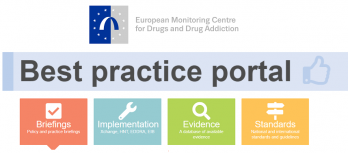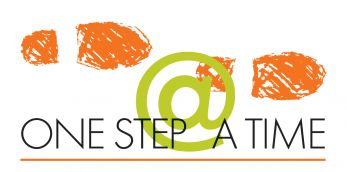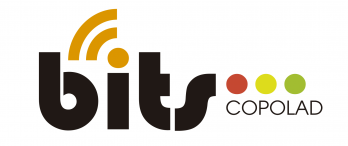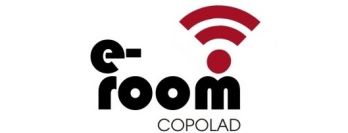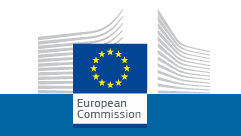-
Bi-regional conference on fostering the use of alternative measures to imprisonment
Drugs Demand Reduction
Drugs Supply Reduction
 See more
See moreThe success achieved by merging two fields (Demand and Supply Reduction) at the 1st Bi-regional meeting for the exchange of best practices, convening authorities and experts from Components 2 and 3 of COPOLAD II, allowed us to consider the possibility to further expand the creation of synergies in the highly demanding field of managing alternative programmes for drug-related offences.
Due to its relative youth, the alternative programmes to prisons have to respond to huge challenges which can only be overcome through the highest political commitment to make significant progress at a policy level, the provision of appropriate resources, the articulation of social and health care responses coordinated with the judicial system and the rigorous evaluation of the initiatives developed so far. In this framework, the 2nd Bi-Regional meeting for the exchange of Best practices is planned in close coordination with other European Union funded regional programmes which are working in the fields of security and social policy: EL PAcCTO and EUROsociAL+.
-
Workshop Planning System: Step@aTime, for countries of South Cone and Andean region
Drugs Demand Reduction
-
4th Intra-regional dialogue Forum on Alternative Development
Drugs Supply Reduction
 See more
See moreThe Forum will provide the participating countries with an overview of the implementation and progress of Alternative Development programs in the CELAC countries, also taking into account how these sort of policies are of growing interest in the region, with a total of 16 participating countries (11 CELAC countries already participating in COPOLAD since 2016: Bahamas, Bolivia, Colombia, Ecuador, Guatemala, Jamaica, Mexico, Paraguay, Peru, Suriname, Trinidad and Tobago - and 5 new interested countries: Brazil, Chile, Costa Rica, El Salvador and Honduras). The objective of the fourth COPOLAD Intra-Regional Dialogue Forum is to provide opportunities to learn and exchange about recent best practices and innovations of Alternative Development (AD), with special emphasis on gender-based approaches in AD, taking into account the manifold vulnerabilities women are facing.
-
4th COPOLAD II Annual Conference: Inter-institutional coordination in drugs policy Challenges and promising developments
Dialogue & Mechanism
 See more
See moreThe Surinamese Presidency of CELAC and the Romanian Presidency of the Council of the EU to the Coordination and Cooperation Mechanism on drugs together with COPOLAD, announce the 4th COPOLAD II Annual Conference: Interinstitutional coordination: a key factor when designing and implementing drugs policy.
-
3rd Meeting Adaptation and validation of quality and evidence-based criteria in Caribbean countries
Drugs Demand Reduction
See moreClosure of the validation exercise of the quality criteria (prevention and treatment) carried out throughout COPOLAD II by the Caribbean countries concerned, presentation of results and plans for the future development of accreditation frameworks for quality assurance. This is the third meeting of Caribbean countries working on the adaptation and validation of quality and evidence-based criteria in drug demand reduction. Suriname hosts this new meeting, with the presence of seven countries of the Caribbean region, on 13 and 14 June in Paramaribo. Caribbean centers working on demand reduction have validated Minimum Quality Criteria in prevention and treatment. COPOLAD monitors this process, initiated in 2016, which after three years, shares the results of the piloting exercise.
Under the leadership of the National Drug Council (NDC) of Trinidad and Tobago, on this occasion, 25 participants from Antigua and Barbuda, Bahamas, Dominica, Guyana, Jamaica, Saint Lucia, Trinidad and Tobago, together with the Pan American Health Organization (PAHO) and the Inter-American Drug Abuse Control Commission (CICAD-OAS), who serve as advisors to the working group, under COPOLAD monitoring.
The experts of this working group, to which the indicated Caribbean countries belong, were invited to carry out a process of validation of the Minimum Quality Criteria in one of the fields of Demand Reduction: prevention or treatment, of the different Centers of the countries. In this sense, the main objective of this meeting will be to share the advances, findings and achievements that have been achieved during the validation / piloting exercise by the different member countries of the group, as well as to be able to evaluate possible future actions.
The European Commission is preparing a third phase of this programme, therefore COPOLAD will be back at the beginning of 2021.



